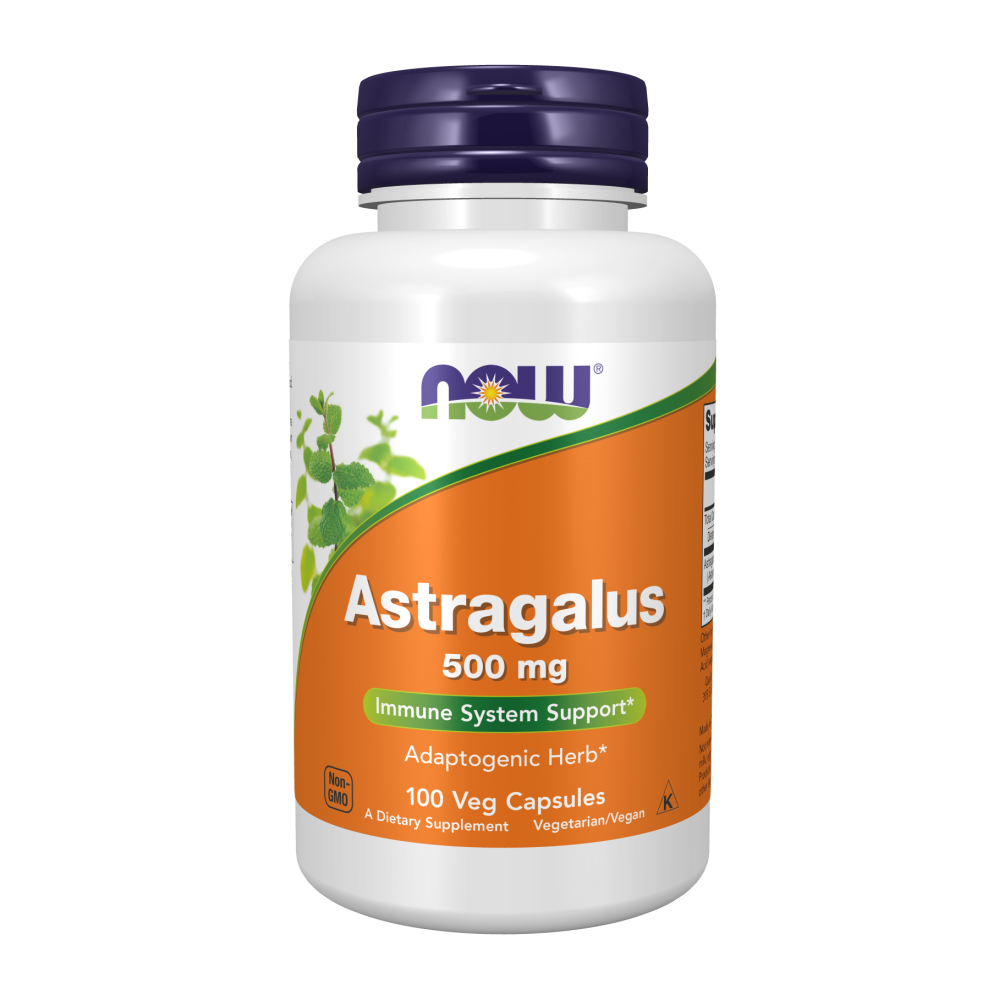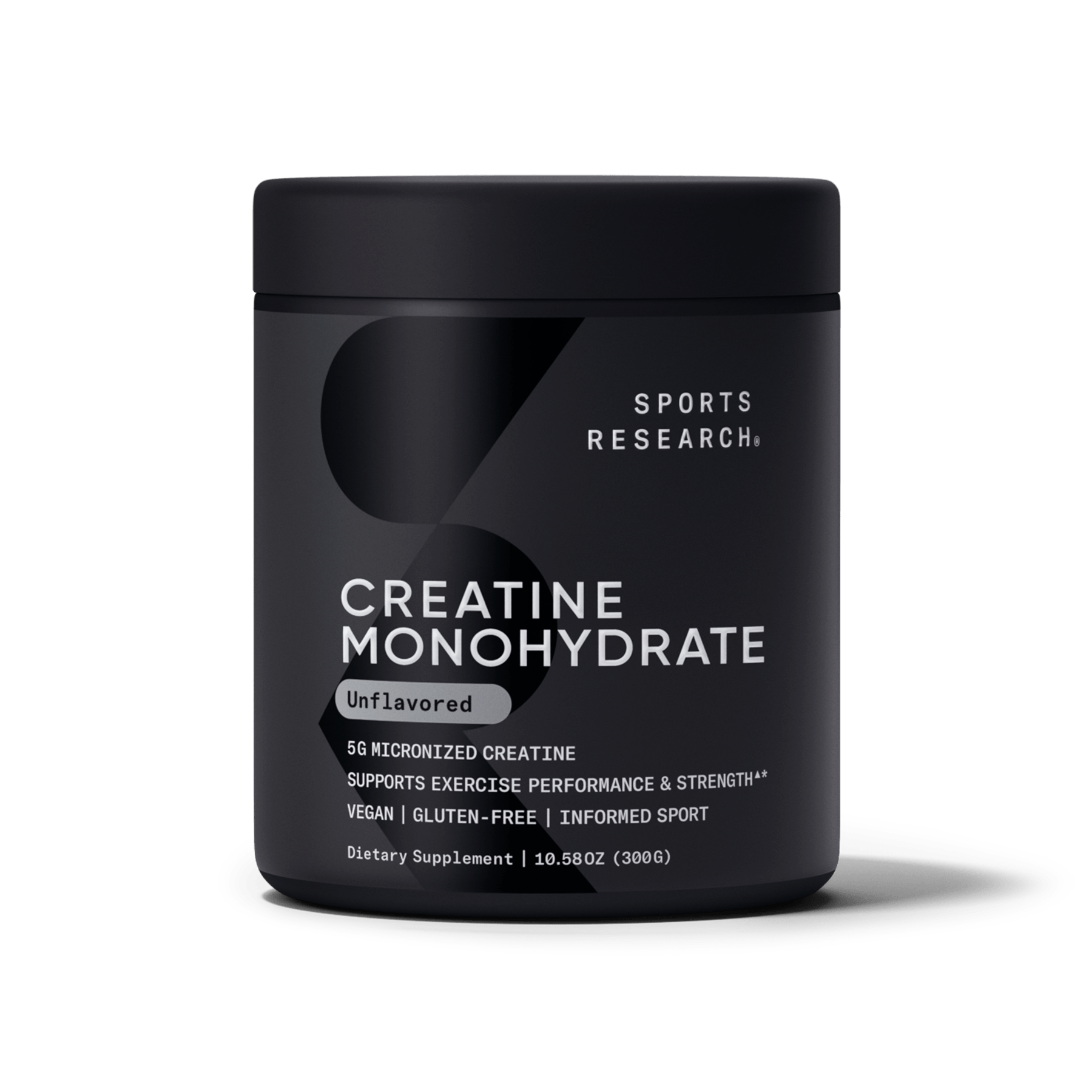
The brain has a strong connection with all the organs of the body, it tells them what to do and how to do it. But did you know that the heart has a strong influence on how the brain functions? Read on to learn more about the connection between brain and heart health.
THE CONNECTION BETWEEN BRAIN AND HEART HEALTH
The heart pumps blood to the brain to supply our brain cells with oxygen and nutrients so they can do their job well. Damage to the heart or blood vessels may impair the delivery of these nutrients and affect brain function. This can increase the risk of developing brain conditions like stroke, vascular dementia or Alzheimer’s. That’s why cardiovascular health is an important factor in maintaining healthy brain function.
5 WAYS TO SUPPORT A HEALTHY BRAIN AND HEART
Now that you know how important cardiovascular health is for brain health, let’s discuss some simple ways to support a healthy brain and heart.
1. STAY ACTIVE
According to John Hopkins Medicine, both aerobic exercise and resistance training have been shown to support heart health, and in turn brain health too.
Regular aerobic exercise can support cardiovascular health and maintain cognitive function, specifically helping to support memory and reduce anxiety or depression. The CDC recommends at least 30 minutes per day of heart-pumping aerobic exercise 5 days a week for a total of 150 minutes per week. Examples include swimming, brisk walking, jogging, playing tennis or cycling.
Resistance training can help improve body composition (percentages of fat and muscle) and support healthy cholesterol levels, two big factors in heart disease risk. The American College of Sports Medicine recommends two non-consecutive days per week of resistance training, such as weight lifting, push-ups or squats.
2. MAINTAIN A HEALTHY BLOOD PRESSURE
Over time, high blood pressure can add additional strain to blood vessel walls. This strain may eventually damage and narrow important arteries delivering nutrients to the brain and heart, affecting their function.
You can check your blood pressure with your healthcare provider or at a local pharmacy. A healthy blood pressure reading is considered 120/80 millimeters of mercury (mm Hg) or below. A high blood pressure reading is considered to be any number higher than 130/80 mm Hg.
A few ways to help maintain healthy blood pressure include managing weight, exercising regularly, reducing salt and alcohol intake, and following a whole foods diet like the Dietary Approaches to Stop Hypertension (DASH) diet or the Mediterranean Diet.
3. LIMIT SMOKING AND ALCOHOL INTAKE
Smoking and alcohol intake have been shown to increase blood pressure and can directly affect brain and heart function. The plaques formed from smoking cigarettes can narrow arteries and impair the delivery of oxygen and nutrients to the brain and heart.
Alcohol can interfere with the brain’s communication pathways, causing changes in mood and behaviour and impairing cognition and coordination. To reduce the risk of alcohol-related harm, the CDC recommends adults limit their alcohol intake to 2 drinks or less for men and 1 drink or less for women per day.
4. EAT WHOLESOME FOOD
As mentioned above, the DASH diet and Mediterranean diet can help maintain a healthy blood pressure which can help support healthy brain and heart function.
These diets are rich in whole grains, vegetables, fruits and healthy fats. In addition, the DASH and Mediterranean diets are low in foods and ingredients that can negatively affect heart health, like sodium, saturated fat, sugar and red meat.
5. BALANCE BLOOD SUGARS
The brain is the most energy-demanding organ in the body, it requires half of all the sugar in the body in order to do its job well. However, the brain is very sensitive to the amount of glucose it receives and too much glucose can negatively affect brain health.
Over time, high blood sugars can damage blood vessels and nerves serving the brain, which may cause problems with memory and cognition. Eating a well-balanced diet, reducing sugar and refined carb intake, and exercising regularly can help balance blood sugars.
5 BEST SUPPLEMENTS FOR BRAIN AND HEART HEALTH
Certain nutrients and herbs can also support healthy brain and heart function. See below for a few of our recommended supplements to support brain and heart health.
1. OMEGA-3 FATTY ACIDS
Omega-3 fatty acids are important for the maintenance of both brain and heart health.* Omega-3’s, specifically EPA and DHA, have been shown to help maintain healthy levels of triglycerides and HDL (“good”) cholesterol. This can help support blood vessel health and maintain proper nutrient delivery.*
OMEGA 3 SUPPLEMENTS
2. B-VITAMINS
B-vitamins are important in many energy pathways and metabolic processes within the body. See below for a quick summary of how B vitamins can support brain and heart health*:
- Vitamin B1 assists in the breakdown of nutrients for energy and can help the brain and heart maintain a steady source of energy.*
- Vitamin B3 has been shown to help maintain healthy cholesterol levels.*
- Vitamin B5 concentration is 50 times higher in the brain than in circulation. B5 has been shown to support energy and healthy brain function.*
- Vitamin B6, B9, and B12 help the body make new red blood cells that deliver oxygen to brain and heart cells.* The body also requires these B-vitamins to support a healthy homocysteine metabolism, which has been shown to influence both cognitive and cardiovascular health.*
B-COMPLEX SUPPLEMENTS
3. TAURINE
Taurine is one of the most plentiful amino acids found in the brain and cardiac muscle. Taurine has been shown to support nerve growth, maintain healthy blood pressure and calm the nervous system.* This sulfur-containing amino acid can also support heart muscle contractility, helping to maintain heart strength and stamina.*
TAURINE SUPPLEMENTS
4. L-GLUTAMINE
L-gutamine is the most abundant amino acid in the body and plays an important role in metabolism, immunity and brain cell function.* Glutamine has been shown to help maintain healthy blood sugar levels, blood pressure and body composition.*
L-GLUTAMINE SUPPLEMENTS
5. CURCUMIN
Animal studies have shown that curcumin may increase brain levels of BDNF.* BDNF is a gene involved in increasing the number and connections of neurons in the brain, assisting in memory and learning. Curcumin has also been shown to support the health of the endothelium (the lining of your blood vessels).* A healthy endothelium is important to help maintain healthy blood pressure and support cardiovascular health.
CURCUMIN SUPPLEMENTS
CONNECTING THE DOTS
Supporting cardiovascular health can help maintain healthy brain function. There are a number of lifestyle changes and supplements that can get you on track to a healthy brain and a happy heart.
KEY TAKEAWAYS:
- Cardiovascular health can influence brain function.
- The DASH diet, mediterranean diet and certain lifestyle changes can support healthy brain and heart function.
- Omega-3’s, B-vitamins, taurine, L-glutamine and curcumin can help support cognitive function and maintain cardiovascular health.





